Best Cuban documentary movies
A curated collection of popular documentary movies from Cuba.
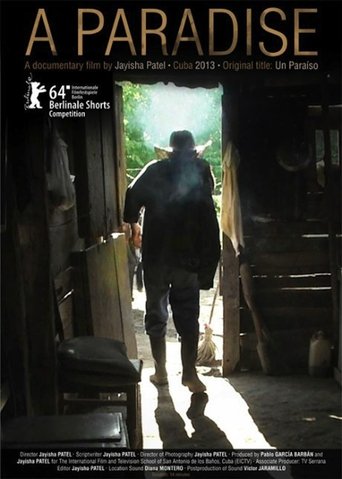
A Paradise (2014)
A Paradise (2014)
Damaris and Alberto live in an isolated village in the Sierra Maestra Mountains of Cuba. Four months ago, their 12 year old son committed suicide.
Palatino Park (1906)
Palatino Park (1906)
The activities of a recently opened amusement park in Havana, Cuba, similar to New York's Coney Island.

Buena Vista Social Club (1999)
Buena Vista Social Club (1999)
In this fascinating Oscar-nominated documentary, American guitarist Ry Cooder brings together a group of legendary Cuban folk musicians (some in their 90s) to record a Grammy-winning CD in their native city of Havana. The result is a spectacular compilation of concert footage from the group's gigs in Amsterdam and New York City's famed Carnegie Hall, with director Wim Wenders capturing not only the music -- but also the musicians' life stories.
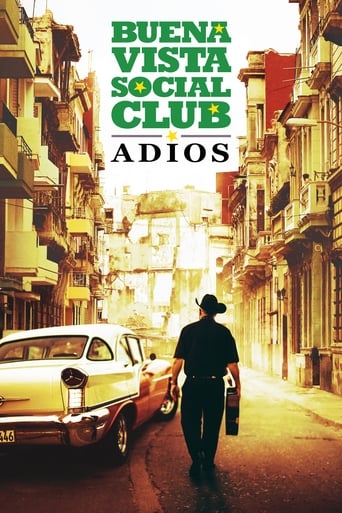
Buena Vista Social Club: Adios (2017)
Buena Vista Social Club: Adios (2017)
In 1996, Cuban bandleader Juan de Marcos Gonzalez, British producer Nick Gold, and American guitarist Ry Cooder convened in Havana to produce a Cuban-Malian collaboration. When the Malians couldn’t get visas, the team turned their attention to reviving a forgotten generation of legendary son cubano musicians and formed an on-the-fly ensemble: the Buena Vista Social Club. Two decades since that fateful first session, we catch up to these master musicians, as they reflect on the magical unfolding of their lives—from humble origins to the evolution and surprising revival of their careers, all against the backdrop of Cuba’s dramatic history. Brimming with unseen concert, rehearsal, and archival footage, this film is an emotional, shimmering celebration of music’s power to transcend age, ideologies, and class, and to connect us to each other through our souls.
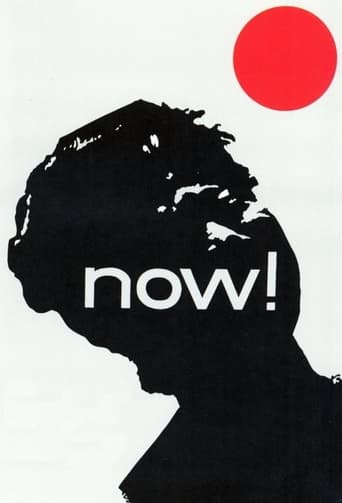
Now! (1965)
Now! (1965)
Using morgue photos, newsreel footage, and a recording by Lena Horne, Cuban filmmaker Santiago Alvarez fired off 'Now!', one of the most powerful bursts of propaganda rendered in the 1960s.
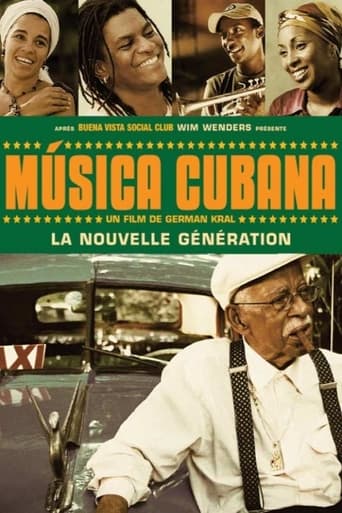
Música Cubana (2004)
Música Cubana (2004)
Documentary about the forming of a second Buena Vista Social Club, the world famous Cuban band. Barbaro, a Cuban taxi driver, meets the singer Pio Leyva, one of the stars from BVS Club, and convinces him to form a new band with the most promising young musicians from Cuba.

Lágrimas negras (1997)
Lágrimas negras (1997)
Orígenes desde el Changüí (1986)
Orígenes desde el Changüí (1986)
A documentary on the origins of Changüí.
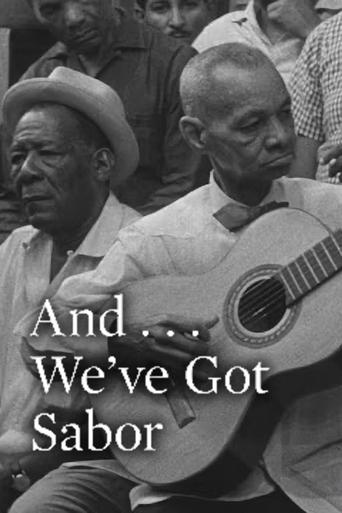
And... We've Got Sabor (1967)
And... We've Got Sabor (1967)
Legendary rumba musician Alberto Zayas serves as a guide for this vibrant journey through Cuban musical history and culture. The short features interviews, footage of impromptu street performances, and studio recordings.

We, the Music (1964)
We, the Music (1964)
A rare panorama of Cuban music and dance from the 1960s. Featuring legendary Cuban musicians as well as vibrant spontaneous performances, We Are the Music captures the mood and vitality of Havana during its golden period.
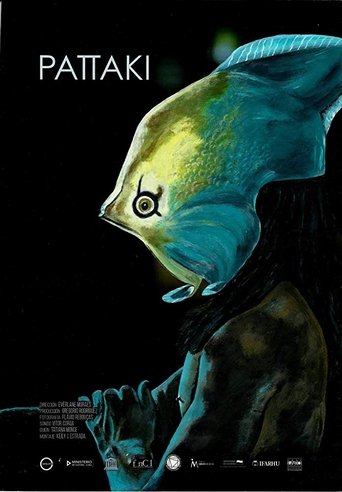
Pattaki (2019)
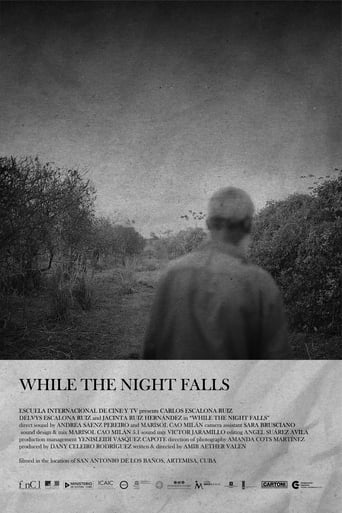
While The Night Falls (2023)
While The Night Falls (2023)
An intimate portrait of the lives of Delvys and Carlos, siblings who live alone with their elderly mother in a rural part of a small Cuban town. The film portrays a family engulfed in their inner worlds. Between the sacrifices they make out of love for those who are present, and their longing for things that are absent, they struggle to find meaning as they reflect, contemplate, and carry the weight of existence, trying together, to move forward.

One Way or Another (1977)
One Way or Another (1977)
In Miraflores, Cuba, the growing romance between Mario, a factory worker, and Yolanda, a schoolteacher, throws into relief the differences in their perspectives and values in Revolutionary Cuba.

Carnival (1960)
Carnival (1960)
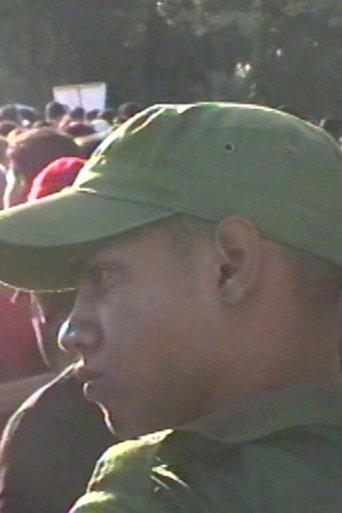
What's Mine is Yours (2021)
What's Mine is Yours (2021)
A young couple in Havana struggles desperately to find a place in the crowded city where they can be alone and unseen. Combining video essay, fiction, and documentary footage of Cuban streets, What’s Mine is Yours is a darkly humorous, frenetic look at the way dense urban life confuses our desire for intimacy.
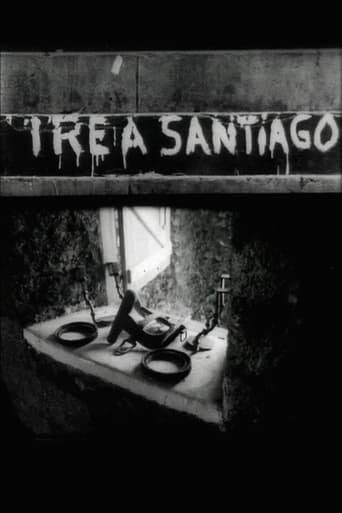
I'm Going to Santiago (1964)
I'm Going to Santiago (1964)
This black-and-white film is a loving portrait of Santiago de Cuba and its people. It provides a view of Cuba as a picturesque country, the product of an earthy mix of black and criollo cultures. The film uses historical images which portray the end of the eighteenth century when Haitian slave owners fled with their slaves to Cuba after the Haitian Revolution.
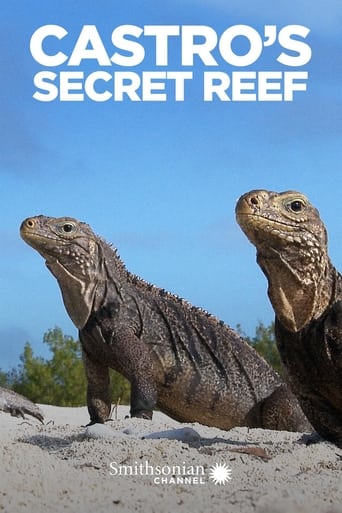
Castro's Secret Reef (2016)
Castro's Secret Reef (2016)
Cuba's enforced isolation has resulted in the unlikeliest of marine reserves: a huge, rambling archipelago known as Jardines de la Reina, or "Gardens of the Queen." Stretching around 140 miles along the southern coast of Cuba, it's one of the longest barrier reef systems in the world. Get an up-close look at Fidel Castro's diving playground, a forgotten ocean paradise unseen for half a century, and witness exotic species rarely seen elsewhere in the region. It's the lost jewel of the Caribbean, but how long can this pristine wilderness survive?
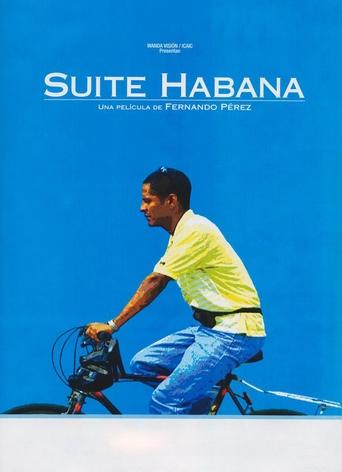
Suite Habana (2003)
Suite Habana (2003)
Dawn breaks in La Habana, and as the day advances we follow the simple lives of ten ordinary Cubans, with only sounds and images accompanied by music.
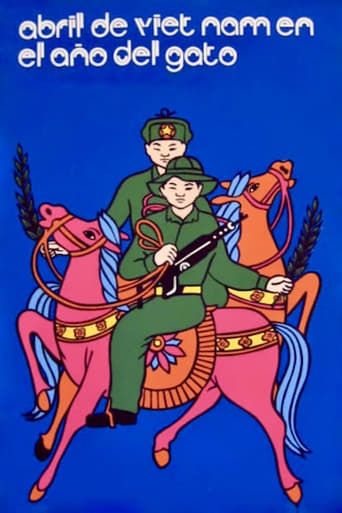
April in Vietnam in the Year of the Cat (1975)
April in Vietnam in the Year of the Cat (1975)
Documentary film on the end of the Vietnam War, the fall of Saigon and the departure of American troops, as well as a tracing of 4000 years of Vietnamese culture.
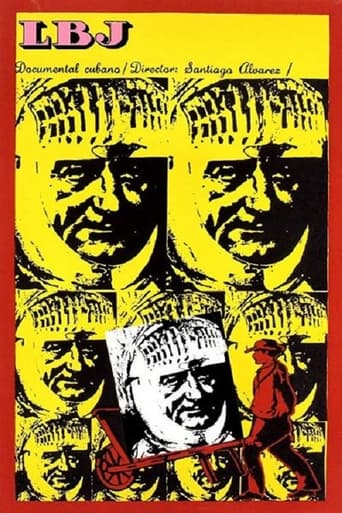
LBJ (1968)
LBJ (1968)
This is a montage of different images from the JFK, Martin Luther King and Bobby Kennedy triumphs and assassinations, all three events being observed by Lyndon Johnson as the dark figure who is plotting the anti-black rights movement.
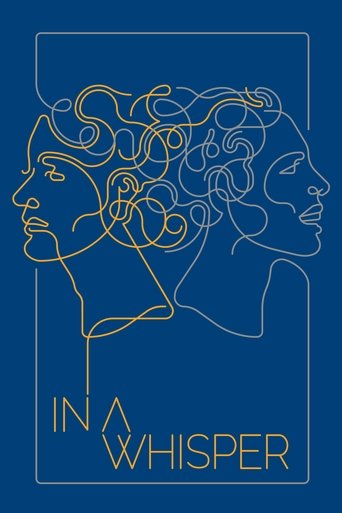
In a Whisper (2020)
In a Whisper (2020)
An intimate and revealing autoethnographic documentary about uprootedness, motherhood, love of film, friendship and freedom. Two filmmakers who have been best friends since childhood, both part of the Cuban diaspora, share their intimate and emotional journey while they try to find themselves and each other in a foreign land.
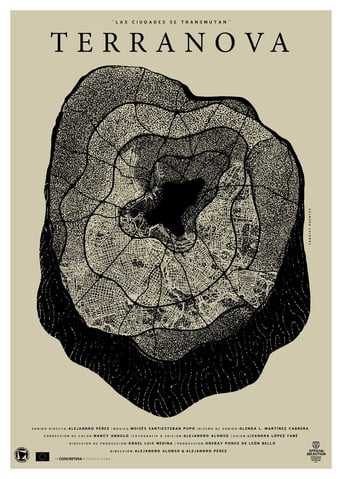
Terranova (2021)
Terranova (2021)
The city dissolves itself in the same way it was created. With each movement, its inhabitants are preparing to leave to another place, while forming the newton image.
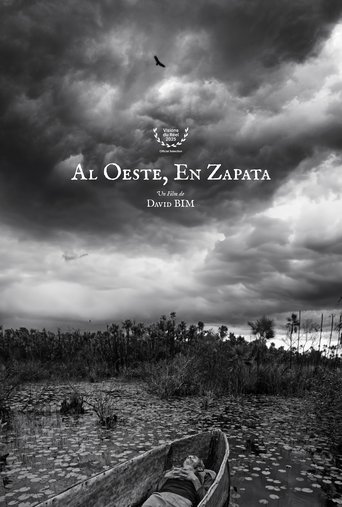
To the West, in Zapata (2025)
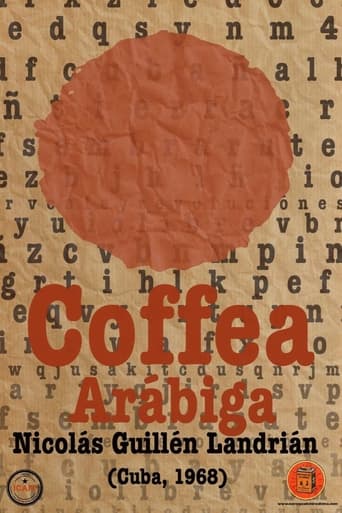
Arabian Coffee (1968)
Arabian Coffee (1968)
'Coffea arábiga' was sponsored as a propaganda documentary to show how to sow coffee around Havana. In fact, Guillén Landrián made a film critical of Castro, exhibited but banned as soon as the coffee plan collapsed.
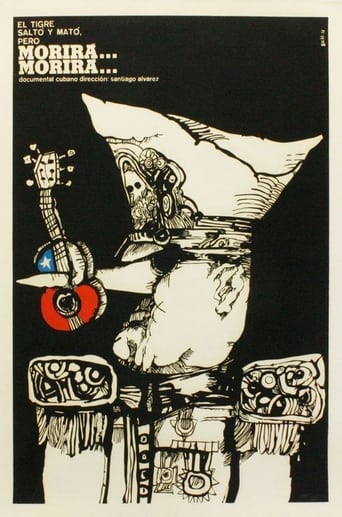
The Tiger Leaps and Kills, But It Will Die... It Will Die... (1973)
The Tiger Leaps and Kills, But It Will Die... It Will Die... (1973)
An obituary for Victor Jara, the Chilean folksinger who was murdered in a football stadium by the military junta during the days of the September 1973 coup.
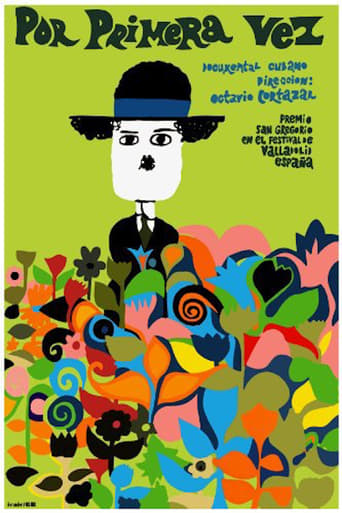
For the First Time (1969)
For the First Time (1969)
In 1967, Cuban documentary filmmaker Octavio Cortazar followed a projectionist whose mission was to show moving pictures to rural communities for the first time. Cortazar’s short film documents one audience’s response to its first film: Charlie Chaplin’s Modern Times.
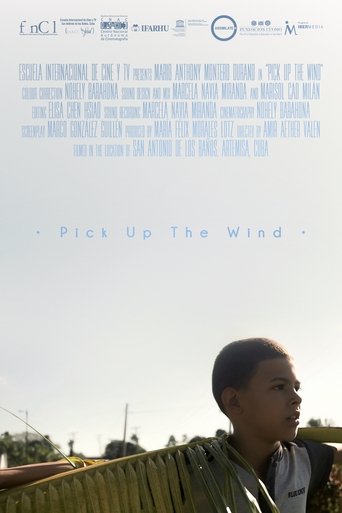
Pick up the Wind (2021)
Pick up the Wind (2021)
A short film following Anthony, a young child from the small, rural town of San Antonio de los Baños, Cuba. We see him in different moments of his daily life as he interacts with different forms of environmental, familial, and social influences. While Anthony displays contradictory traits of creativity, destruction, rigidity, and tenderness as he interacts with his external and internal worlds, we see a story built from the the multidimensionality of Anthony's layered personality as a young man.
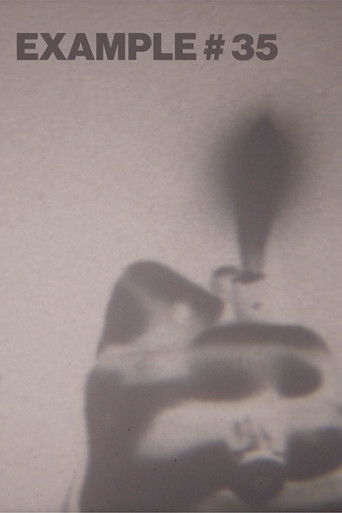
Example # 35 (2022)
Example # 35 (2022)
This unusual documentary pixilation is based on images discovered in Cuban court archives. In the past, the Communist regime’s prying security forces surveilled not only the enemies of the regime, but also the activities of nonconformists, misfits and dissidents.
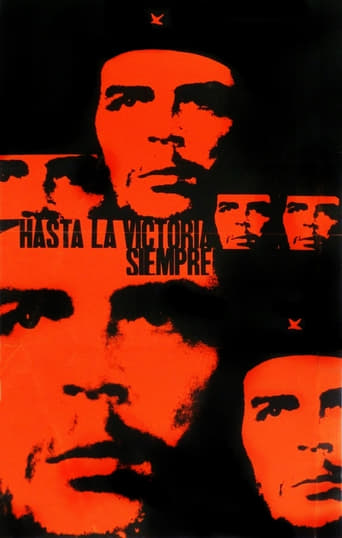
Hasta la Victoria Siempre (1967)
Hasta la Victoria Siempre (1967)
An obituary of Che Guevara, made in forty-eight hours to be shown at the mass meeting on the 18th October 1967 in the Plaza de la Revolucion in Havana, where Fidel Castro announced the death of Guevara in Bolivia.
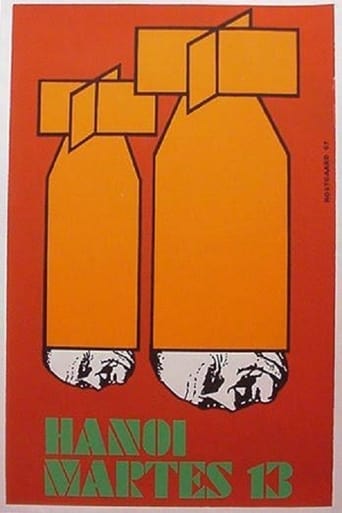
Hanoi, Tuesday 13th (1969)
Hanoi, Tuesday 13th (1969)
In December 1967 a Cuban film crew led by Santiago Alvarez, the veteran polemicist, traveled to Hanoi. They shot the footage which constitutes this short documentary all in one day - Tuesday 13. The film is the story of that day, and what happened to the North Vietnamese people in the course of it.